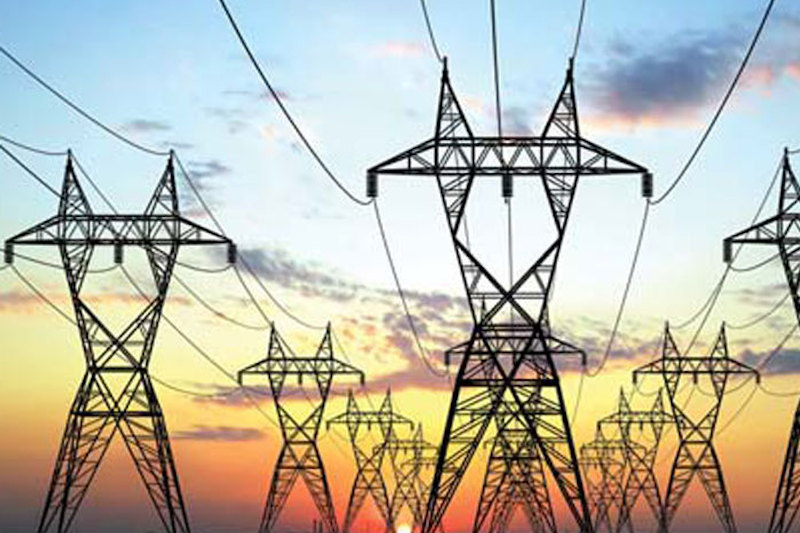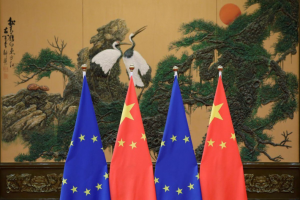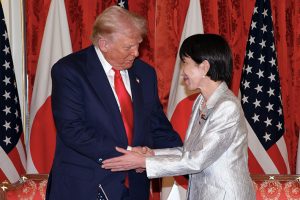Pakistan will review the special energy rates granted to the textile industry by the government each year, taking into account prices offered by its competitors in the region, the country’s top commerce official said on Wednesday.
The move is part of the South Asian nation’s latest textile policy, approved by the government on Tuesday, which seeks to consolidate recent growth in a sector that accounts for 60% of Pakistan’s exports.
“One of the main objectives is … to give our textile industry internationally competitive electricity and gas rates,” said Abdul Razzaq Dawood, special adviser on commerce to Pakistan’s prime minister, Imran Khan.
Energy rates for textile exports have been fixed in recent years, despite global shortages and rising prices. “Every year, we will determine (prices) at the time of the budget,” Dawood said.
The country’s textile export target for this financial year is $21 billion, compared to $15.5 billion the previous year, when total exports amounted to $25.3 billion.
The textile policy should have been finalised months ago, but was delayed by differences between various ministries over the sweeping financial incentives and support traditionally given to the sector as Pakistan embarks on a fiscal tightening push.
Last month, the government removed tax exemptions given to a number of sectors in a bid to meet performance criteria set out in an International Monetary Fund (IMF) support programme to curtail its budgetary deficit.
The IMF has also asked Pakistan to review electricity tariffs to remove growing circular debt in its energy sector.
Dawood said the new textile policy would maintain incentives such as reduced duty on raw material imports, refinancing schemes and duty drawbacks, in a bid to maintain growth momentum.
Pakistan competes with India, Bangladesh and Vietnam in the textile export sector and will be looking at the energy rates offered in these and other countries when determining support for its own industry.
- Reuters, with additional editing by George Russell
READ MORE:
Pakistan Budget to Add Taxes Worth Rs430bn – Dawn
IMF Releases $1bn to Pakistan After Austerity Measures Approved
Pakistan Police Call for PUBG Ban after Family Slain
























